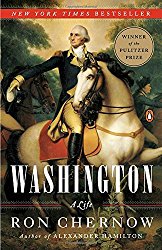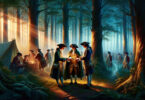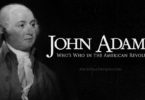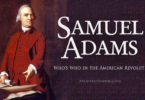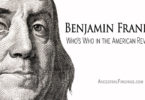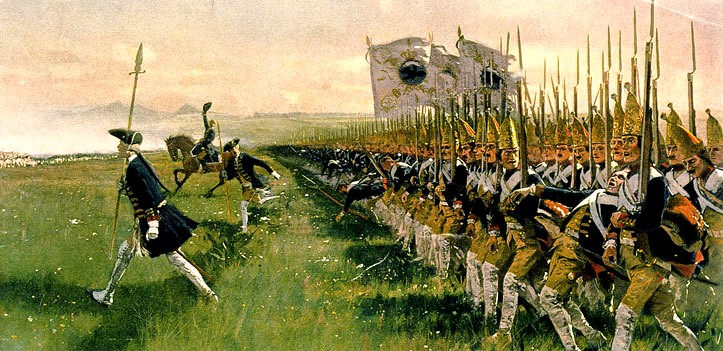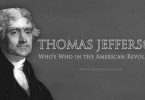George Washington may be a no-brainer when discussing participants in the American Revolution because he practically won it on his own. He was the leader of the Continental Army. Everything any other regiment of any colonial military unit did during the Revolution was usually as a result of some instruction or strategy sent by him. He was experienced in military matters before the Revolution and knew what he was doing. In fact, it is his distinguished service and invaluable contribution to the war that led to him being named our first president. In fact, some people wanted to make him king, though he turned that down because America had just got out from under a king, and he didn’t think we needed another. Washington was a big believer in democratic values.
So, who was George Washington, besides the top Revolutionary War hero and our first president? Did he contribute to the war in any other ways? Here’s his story.
Born February 22, 1732, in the colony of Virginia, George Washington was the eldest child of Augustine Washington and his second wife, Mary Ball. His great-grandfather, John Washington, came to Virginia from England in 1656 and began accumulating land and slaves, which were the two biggest indicators of wealth in Virginia for nearly two centuries. He passed down this wealth, and George Washington was a beneficiary of it.
George had three older half-brothers from his father’s first marriage, and four younger siblings from his father’s marriage to his mother. A half-sibling and a full sibling died as babies, and a full sister named Jane died at age twelve when Washington was two years old. Washington’s father died when Washington was eleven, and his older half-brother, Lawrence Washington, became his guardian and father figure to him.
Lawrence’s father-in-law was a cousin of Thomas, Lord Fairfax, who was the largest landowner in Virginia at the time, and Lord Fairfax also became an important male role model and influence for young George.
Lawrence inherited much of their father’s land and property when their father died, and this property included the now famous Mount Vernon. Washington inherited Mount Vernon and some other properties from Lawrence when Lawrence died nine years later from tuberculosis.
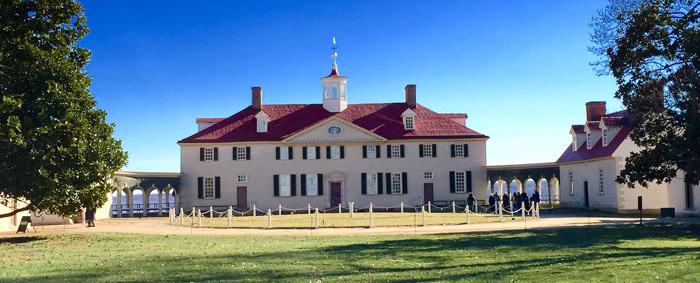
George Washington’s Mount Vernon Mansion
Because his father had died when he was young, Washington did not get to go to the fancy private boarding school in England his older half-brothers went to. In fact, he only received an elementary school education by local tutors and a village parochial school. There was some talk of him joining the Royal Navy when he was fifteen, but his mother strongly objected, so he did not.
In 1751, Washington traveled to Barbados with Lawrence, with the idea that the warmer weather would improve his health, as the tuberculosis was noticeable at that time. Washington contracted smallpox while there, and while it left a few scars on his face, it was not disfiguring, and it had the added benefit of leaving him immune from ever getting it again in any future outbreaks. Upon Lawrence’s death, Washington returned to Virginia and was appointed a Major in the Virginia militia. He also joined the Freemasons about this time.
Washington had learned to survey during his elementary education, and worked for the next four years as a professional surveyor, completing more than two hundred of them. At that time, the French and Indian War broke out, and as a member of the Virginia militia, he participated. It was not exactly a glorious beginning to his military career. He ended up causing an international incident between France and England by being present when an important French soldier was killed. Though most accounts say Washington did not kill him, the French blamed him, and the local natives began calling him the Town Destroyer. Washington ended up being captured by the French but later set free. His militia wanted to demote him to the rank of Captain, but Washington refused and resigned his commission instead.
The next year, Washington was appointed as an advisor to a British military commander leading an expedition into the Ohio territory to expel the French. Washington, though ill at the time with fever and headaches, recommended dividing their forces into two units for greater efficiency. It was a disaster, and his commander was killed. Washington rallied the British and Virginian troops and retreated with them to safety, having a horse shot out from under him, and his hat and coat penetrated by bullets in doing so. Though the advice he gave was terrible, he was redeemed from what many saw as his poor leadership the previous year, because he got many people to safety through his bravery.
After this, Washington was awarded the title of Colonel of the Virginia Regiment and Commander in Chief of all forces now raised in the defense of His Majesty’s Colony, and given command of 1,000 men. He and his regiment fought in twenty battles in ten months, and he lost a third of his men in the process. However, he did protect Virginia from being as badly affected by the war as other colonies, something he regarded as his only victory in the French and Indian War.
Washington never gained a commission in the British army, which he wanted very much, but he did gain valuable military and leadership experience. He married a wealthy widow named Martha Dandridge Custis in 1759, and raised her two children from her first marriage with her; they never had children together, and it is speculated that his bout with smallpox may have made him sterile. The family moved to Mount Vernon, and Washington became a respected planter and politician before the revolution called for his attention.
He began to get involved in revolutionary causes, opposing British actions against the colonies, in 1767. By the time the revolution broke out in earnest, John Adams recommended him for the position of Commander in Chief of the Continental Army, a position which Washington accepted. His earlier defeats had given him the knowledge and skill necessary to be an excellent leader and military strategist. He won the war, America gained her independence, and the rest is history.

